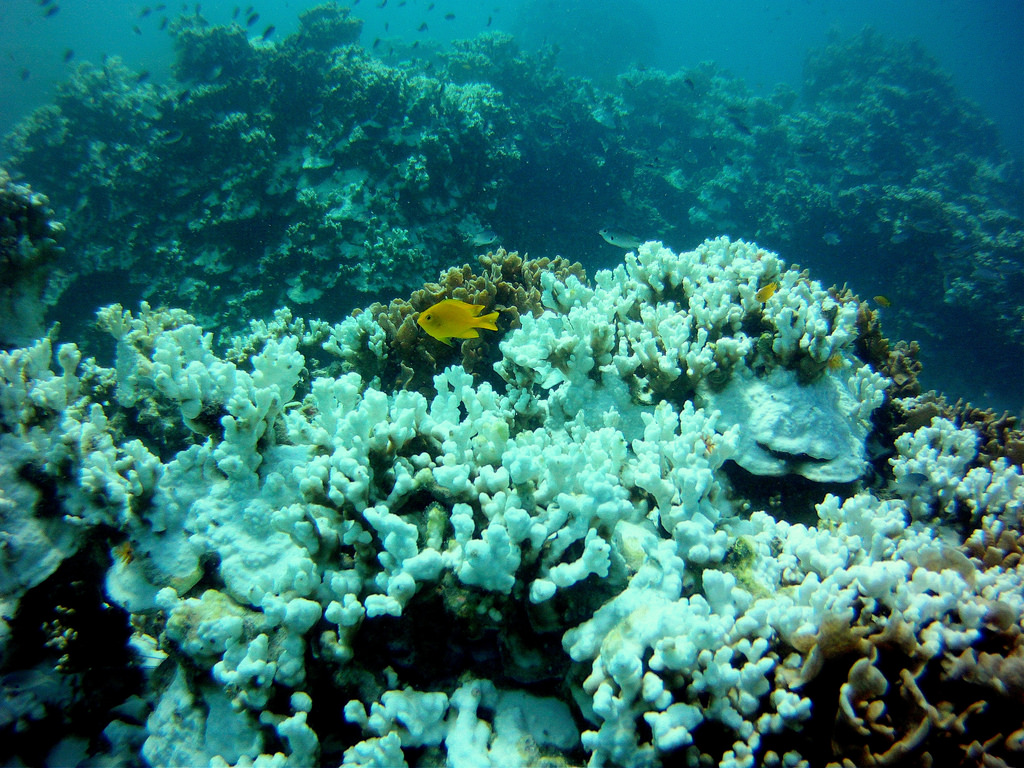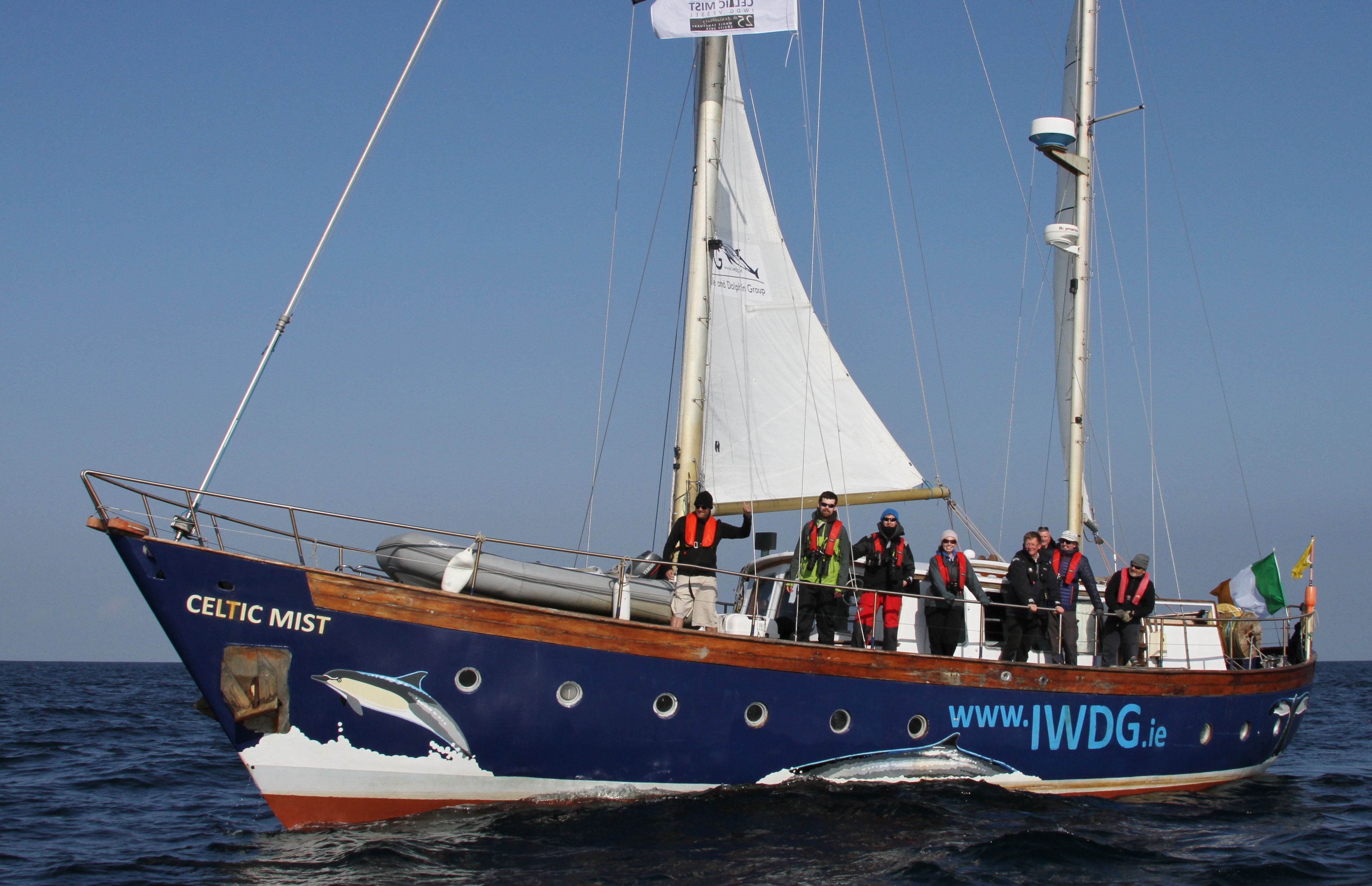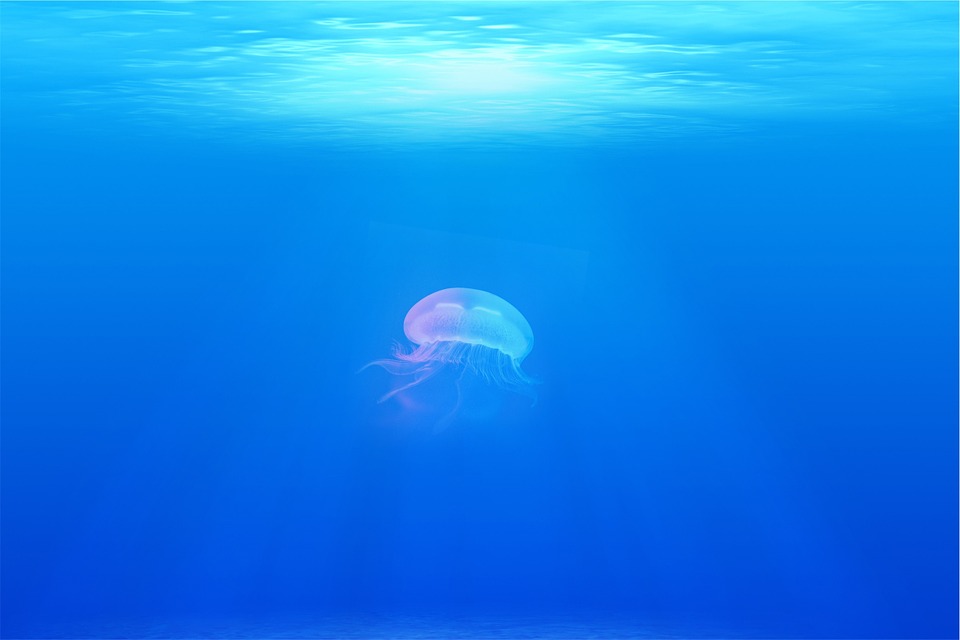Sharks falling victim as commercial fishing bycatch

July 29th, 2019
Commercial fishing fleets are increasingly entrapping large sharks as bycatch leading to a significant decline in their populations, a new study has found.
The study conducted by an international team of scientist from 26 countries indicates that large sharks, even those inhabiting the remotest parts of the ocean, are falling victim to industrial fishing.
Scientists have examined the movement of 2,000 sharks through satellite transmitted tags, concluding that commercial fishing has specifically led to a significant drop in the populations of Shortfin Mako shark – the fastest shark in the sea – that ends up entrapped in large fishing nets.
Researchers mapped “hotspots” for sharks in detail, revealing a 24 per cent monthly overlap between those areas and spaces commonly used by fishing vessels. Each boat was found to be capable of deploying 100km lines bearing 1,200 baited hooks daily.
The overall was significantly higher for commercially exploited sharks such as the Atlantic Blue and Shortfin Makos, with fishing vessels overshadowing 76 per cent and 62 per cent of their space.
Large sharks living in the open ocean account for over half of all known shark catch internationally, including both targeted and bycatch.
The researched have suggested that the study’s results may be used to produce a “blueprint” for earmarking marine protected areas (MPAs) to preserve sharks from human exploitation.
Dr Tom Doyle, a lecturer in Zoology at University College Cork (UCC) and one of Irish contributors to the study, expressed concern about the new findings.
“We knew that blue sharks are one of the most frequently captured sharks but to find such a high overlap between their space use and fishing activity is worrying,” he said.
“So, despite being one of the most abundant and widespread large predators in the North-East Atlantic, blue sharks have very few places to hide.”
Dr Doyle and Luke Harman from UCC’s Environmental Research Institute (ERI) provided track data from blue sharks tagged in Irish waters for the study.
Professor David Sims, the study’s leader, also said that their findings confirm “major high seas fishing activities are currently centred on ecologically important shark hotspots worldwide”.
Certain types of sharks are already facing human-driven extinction and are classed as endangered by the International Union for Conservation of Nature.
Earlier in February, a study by researchers at the University of Exeter revealed that a group of fish-and-chips shops in the UK were frying endangered marine species, including Spiny dogfish, a small, threatened shark.
To attract customers loath to eating sharks, the eateries had mislabelled the species as “rock salmon”, according to the study.
[x_author title=”About the Author”]






